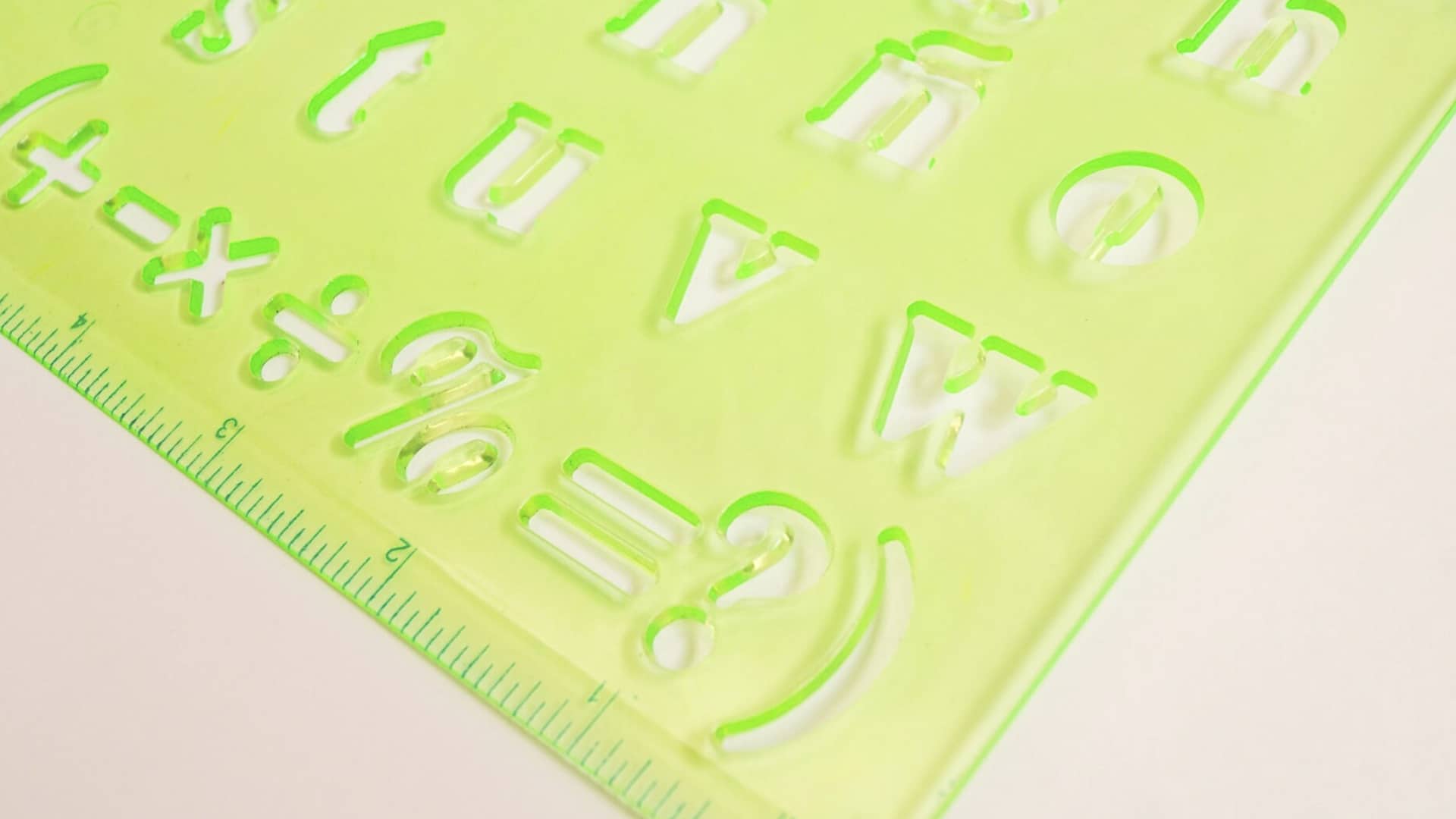×
At SIC Markingour mission is to provide marking solutions that not only meet industrial needs, but also adapt to the specific challenges of each application.
One of the areas where we have recently focused our efforts is in laser marking of delicate materials. These types of materials present unique challenges, as they require precise and careful handling to avoid damage.
Next, we will explore how our laser marking technologies are adapting to work with sensitive materials, delivering high quality marks without compromising the integrity of the substrate.
Laser marking has proven to be a versatile and effective tool in a wide range of industrial applications. However, when it comes to delicate materials, several specific challenges arise:
Many delicate materials, such as certain plastics, composites and thin metals, are highly sensitive to heat. The use of incorrect laser power can cause deformation, burns or even destruction of the material.
Materials such as glass, ceramics and some technical plastics can be brittle and prone to break under stress. Marking must be done with great precision to avoid generating micro-cracks or structural damage.
In industries such as jewelry and consumer electronics, the appearance of the final product is crucial. Marking must be clean, crisp and aesthetically pleasing, without affecting the surrounding surface.
Some materials may react chemically to laser exposure, altering their properties or appearance. This requires rigorous process control to ensure the material’s compatibility with the laser.
In response to these challenges, a number of laser marking technologies have been developed and optimized to offer effective solutions for working with delicate materials.
Below are some of the key innovations:
Low power fiber lasers are ideal for marking delicate materials. These lasers provide high precision with fine power control, allowing for sharp marks without generating excessive heat. Fiber technology also offers excellent beam quality, resulting in very fine, detailed marking lines.
Pulse modulation is an advanced technique that adjusts the duration and frequency of laser pulses. By using short, controlled pulses, heat transfer to the material can be minimized, reducing the risk of thermal damage. This technique is especially useful for marking heat-sensitive materials, such as certain plastics y metals metals.
Depth control is crucial when working with delicate materials. Our laser marking systems are equipped with advanced software that allows you to precisely adjust the depth of the mark, ensuring that it remains shallow when necessary. This is vital to avoid unwanted punctures or weakening of the material.
For extremely heat-sensitive materials, we have incorporated advanced cooling systems that help dissipate the heat generated during the marking process. This not only protects the material, but also improves the quality and consistency of the marking.
Laser marking solutions for sensitive materials offer several key benefits:
Our technologies allow precise control of the marking process, ensuring sharp and detailed results.
By minimizing heat transfer and controlling the depth of the marking, we avoid damage to the substrate.
Our systems are adaptable to a wide range of delicate materials, from plastics and thin metals to ceramics and glass.
The marking results are clean and consistent, maintaining the appearance and aesthetic quality of the final product.
It is very important to dedicate time and resources to developing laser marking technologies that not only meet technical requirements, but also protect and preserve the integrity of sensitive materials.
For more information about our laser marking solutions and how they can benefit your operation, visit us at SIC Marking Find out how we can help you overcome your marking challenges today!
